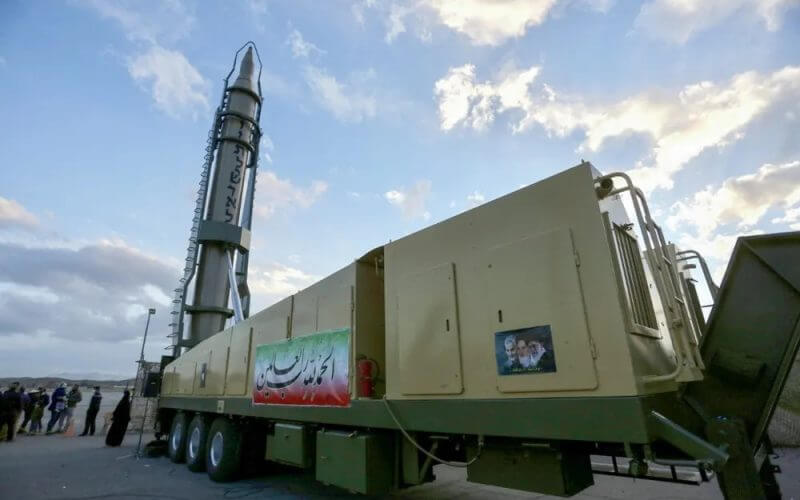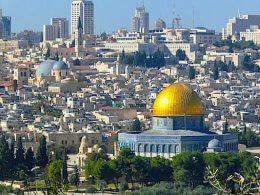Israel’s Prime Minister Benjamin Netanyahu on Sunday criticized the head of the UN nuclear watchdog, Rafael Grossi, for calling any possible attacks on nuclear sites “outlawed” after a visit to Iran.
After returning from Tehran, International Atomic Energy Agency (IAEA) chief Grossi said Saturday that “any military attack on a nuclear facility is outlawed, is out of the normative structures that we all abide by.”
Last month, Netanyahu said “credible military actions” could be necessary against Iran to prevent it from obtaining nuclear weapons. The month prior, Israel’s then-army chief Aviv Kochavi said Israel had devised three operational plans to attack Tehran to “neutralize” its nuclear program.
“Rafael Grossi is a worthy person who made an unworthy remark,” the Israeli premier responded. “Outside of what law? Is Iran – which publicly calls for our destruction – to protect its weapons of destruction that will slaughter us?”
“Are we forbidden to defend ourselves?” Netanyahu continued. “Of course we are allowed, and of course we are doing this… nothing will prevent us from protecting our country and preventing oppressors from destroying the Jewish state.”
Related Story: Israel’s “Top Gun” Fighter That Could Strike Iran’s Nuclear Program









